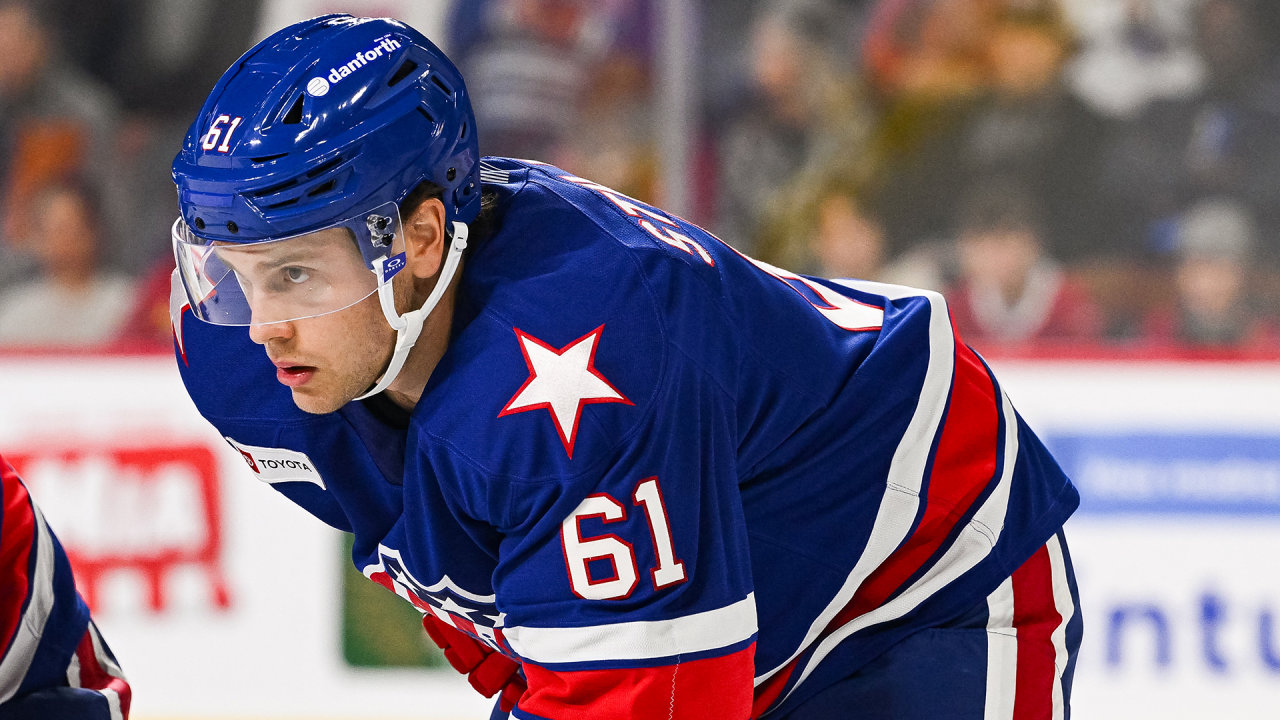Personally, I think it's both a bit early to start looking at that stuff ... because they obviously aren't done yet ... and also an issue that kind of supports too many positions to make just one argument. Carolina finished 8th in the NHL in goals scored last season, and 4th in goals allowed. They were 2nd in goal differential, which is probably a more stable indicator of overall team efficiency. And yet, I never got the sense that any of the people who followed the team closely had all that much confidence in them going into the playoffs (statistical models aside), which was born out by the eventual results. So, we're trying to replicate or produce what exactly? I just feel like there's a lot more that goes into it than saying they need to score 290 goals or whatever ... or give up less than 215 ... two milestones I plucked out of thin air.
And NO ... I'm not arguing that they're better off right now on either side of the ledger. I'm just saying that there's no simple formula and it's not easy to project year to year. At the top end of the team sheet, results can vary pretty wildly year to year, and there are always surprises on both ends of the curve. Games missed to injury are always a total wildcard and impossible to account for with any precision. A lot of your scoring comes from grunts chipping in relatively minor amounts of goals. A large chunk of your scoring comes on special teams and that's often driven by fit and system just like the PK factors into team defense numbers massively. A lot of your point generation comes down to timeliness and competitiveness since teams that fight back into games and/or are good at OTs and shootouts are rewarded with sometimes cheap points. There's a lot that goes into those counting numbers that's hard to just look at on a team stat sheet and project.
And again, today's roster isn't the roster. I think they're closer to finished with the D group and I'm not sure it's so easy to judge if it's better or worse. It's different, for sure, but I don't know what the staff wants to do with baseline pairings or even whether or not they'll make some system tweaks. Up front, I think we've got to get through a couple of more steps in the process before you can really see what's going on.


